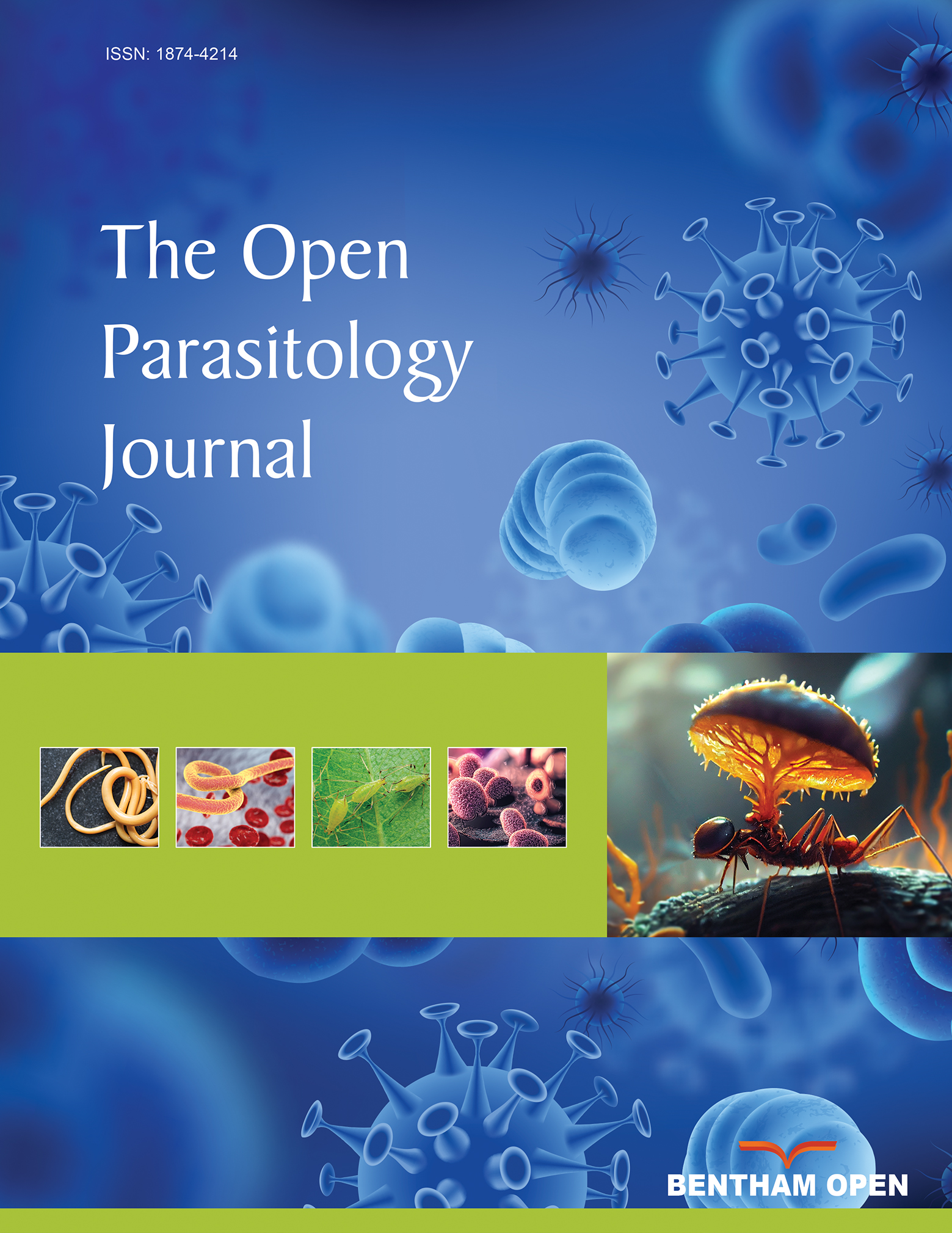Toxoplasmosis in Sheep: A Potential Risk of Infection Among Residents and Farm Workers in Lajes, Brazil
Abstract
The Toxoplasma gondii protozoan is prevalent in most areas of the world, causing veterinary and medical impact. The aim of this study was to make a seroepidemiological report and identify risk factors for human toxoplasmosis among residents and workers of sheep farms in Lajes, Brazil. For diagnosis, an indirect haemagglutination test was applied; the seroprevalence was detected. An interview was conducted with each participant, obtaining information on cultural and hygiene habits, age and environmental variables suspected to affect the risk of T. gondii. The analysis for association with risk factors did not show significant differences. However, our dates suggest that sheep farmers are at increased risk for Toxoplasma gondii.


